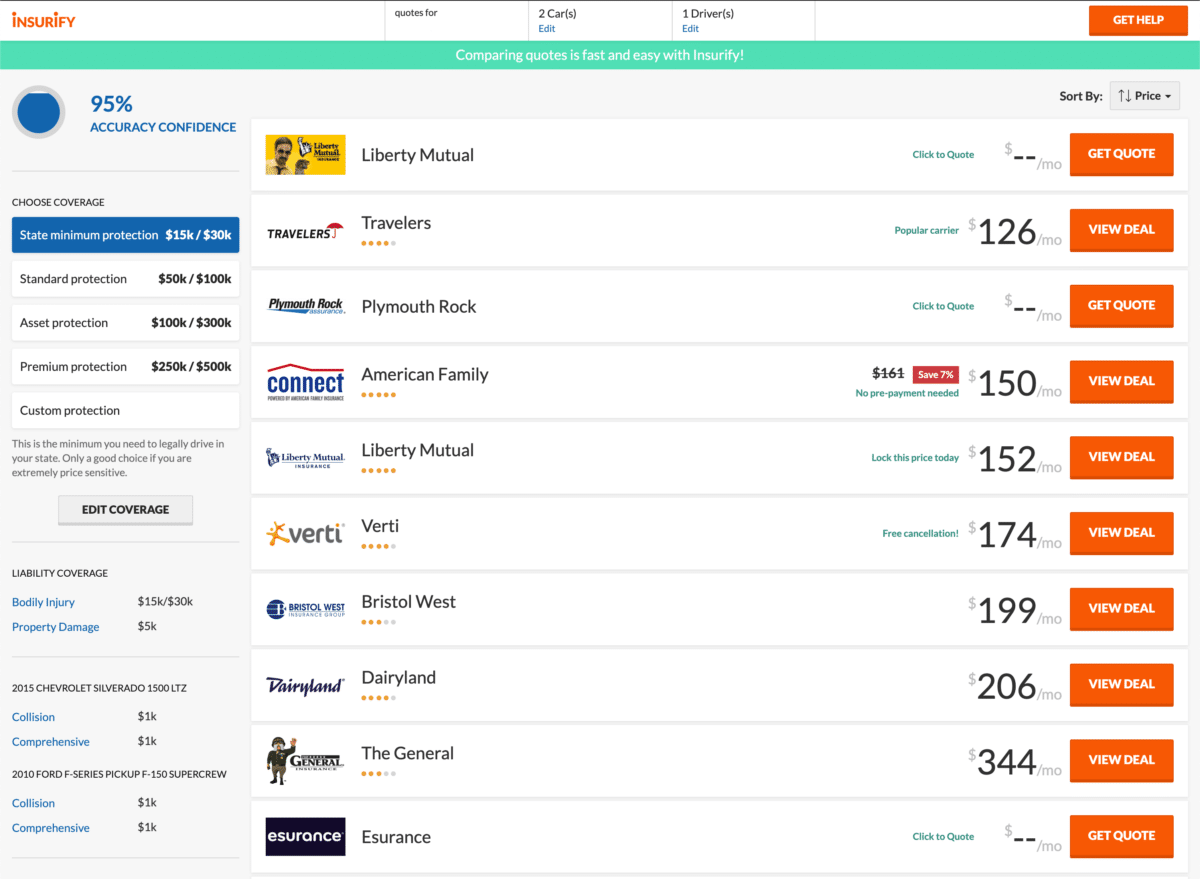Entire life and universal life insurance coverage are both considered long-term policies. That suggests they're developed to last your entire life and won't end after a certain time period as long as needed premiums are paid. They both have the potential to collect money value with time that you may have the ability to obtain against tax-free, for any reason. Due to the fact that of this function, premiums might be higher than term insurance. Whole life insurance policies have a fixed premium, meaning you pay the same amount each and every year for your coverage. Much like universal life insurance coverage, entire life has the potential to build up money value gradually, developing an amount that you may be able to borrow against.
Depending upon your policy's potential cash value, it might be utilized to skip a premium payment, or be left alone with the prospective to build up value gradually. Prospective development in a universal life policy will vary based upon the specifics of your private policy, as well as other elements. When you buy a policy, the providing insurance provider develops a minimum interest crediting rate as described in your contract. Nevertheless, if the insurance provider's portfolio makes more than the minimum rate of interest, the company might credit the excess interest to your policy. This is why universal life policies have the potential to make more than a whole life policy some years, while in others they can earn less.
Here's how: Given that there is a money value element, you might be able to skip exceptional payments as long as the money value suffices to cover your required expenses for that month Some policies might enable you to increase or reduce the survivor benefit to match your specific situations ** In most cases you may obtain versus the money worth that might have accumulated in the policy The interest that you may have earned over time builds up tax-deferred Entire life policies provide you a fixed level premium that won't increase, the prospective to build up cash value in time, and a repaired survivor benefit for the life of the policy.
As a result, universal life insurance premiums are normally lower during periods of high interest rates than entire life insurance coverage premiums, frequently for the exact same amount of coverage. Another crucial distinction would be how the interest is paid. While the interest paid on universal life insurance is frequently adjusted monthly, interest on an entire life insurance coverage policy is generally changed every year. This could mean that throughout durations of rising interest rates, universal life insurance policy holders may see their cash values increase at a quick rate compared to those in entire life insurance policies. Some people might choose the set survivor benefit, level premiums, and the capacity for growth of a whole life policy.
Although whole and universal life policies have their own distinct features and benefits, they both concentrate on providing your enjoyed ones with the cash they'll require when you pass away. By working with a certified life insurance coverage representative or company agent, you'll be able to select the policy that finest meets your private needs, budget plan, and monetary goals. You can likewise get atotally free online term life quote now. * Offered necessary premium payments are timely made. ** Increases may undergo additional underwriting. WEB.1468 (How much is car insurance per month). 05.15.
The Main Principles Of How Much Does Renters Insurance Cost

You don't need to think if you ought to enlist in a universal life policy since here you can discover all about universal life insurance advantages and disadvantages. It resembles getting a sneak peek prior to you purchase so you can choose if it's the best type of life insurance coverage for you. Read on to find out the ups and downs of how universal life premium payments, cash value, and death advantage works. Universal life is an adjustable type of irreversible life insurance that allows you to make modifications to two main parts of the policy: the premium and the survivor benefit, which in turn impacts the policy's money worth.
Below are some of the total pros and cons of universal life insurance coverage. Pros Cons Developed to use more versatility than entire life Doesn't have the guaranteed level premium that's available with entire life Money worth grows at a variable interest rate, which could yield higher returns Variable rates likewise suggest that the interest on the cash worth might be low More chance to increase the policy's cash value A policy typically needs to have a favorable cash worth to stay active Among the most appealing functions of universal life insurance coverage is the ability to choose when and how much premium you pay, as long as payments satisfy the minimum amount needed to keep the policy active and the IRS life insurance standards on the optimum quantity of excess premium payments you can make (How much is mortgage insurance).
However with this versatility also comes some disadvantages. Let's go over universal life insurance coverage pros and cons when it concerns changing how you pay premiums. Unlike other types of irreversible life policies, universal life can adapt to fit your financial requirements when your capital is up or when your budget is tight. You can: Pay greater premiums more frequently than needed Pay less premiums less often or perhaps avoid payments Pay premiums out-of-pocket or use the money worth to pay premiums Paying the minimum premium, less than the target premium, or avoiding payments will adversely impact the policy's cash worth.